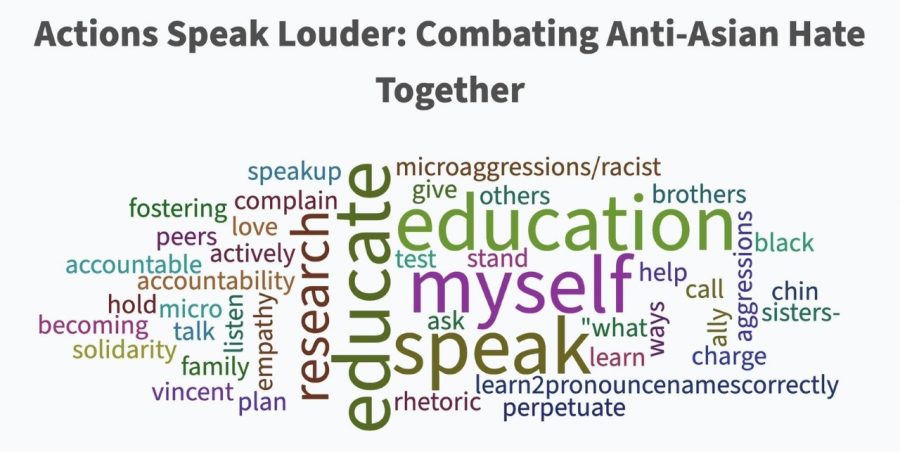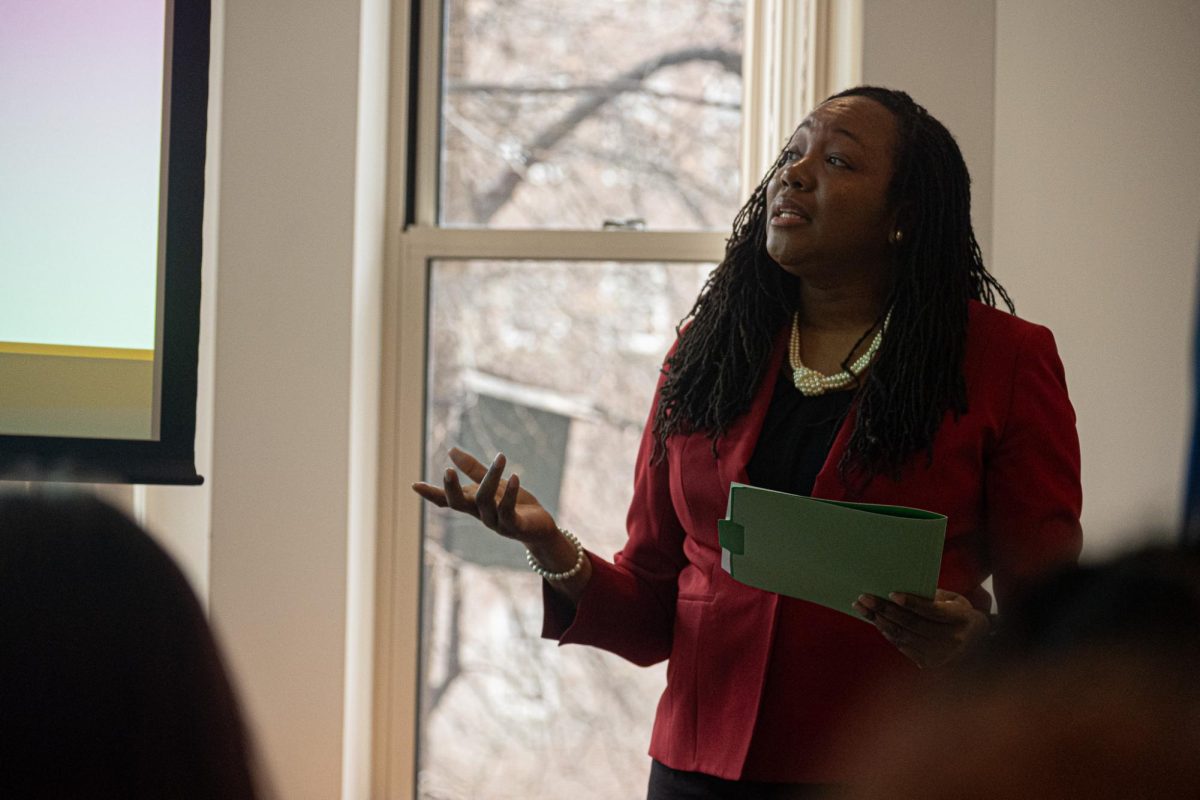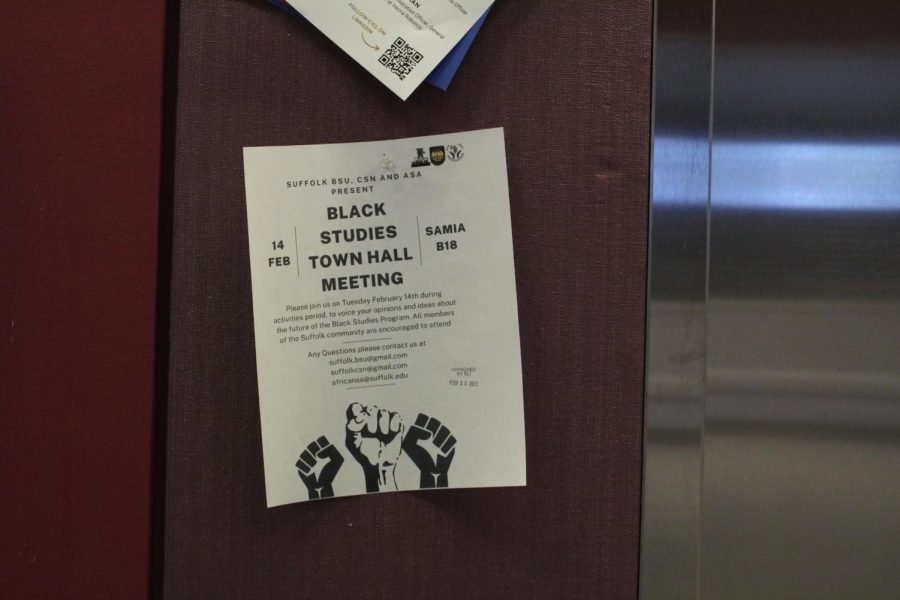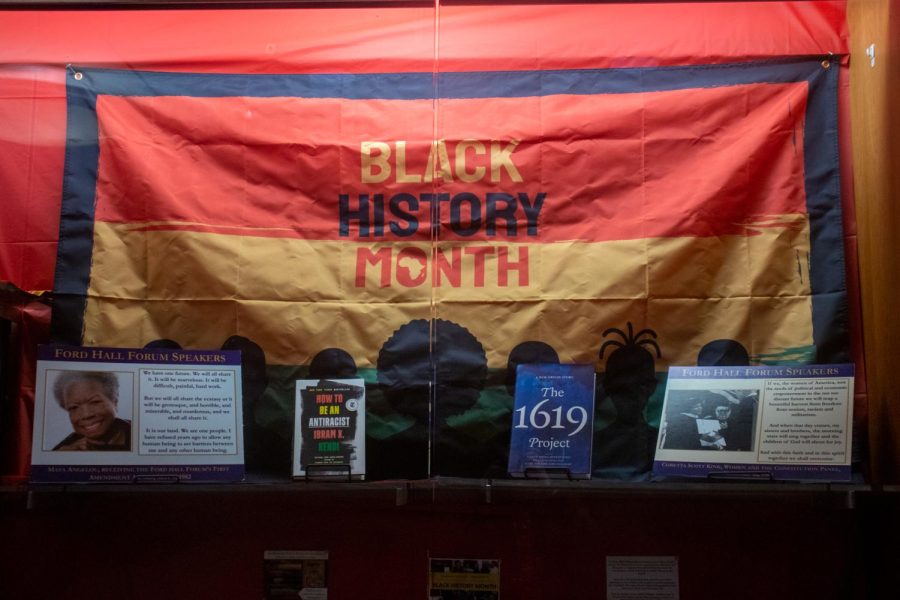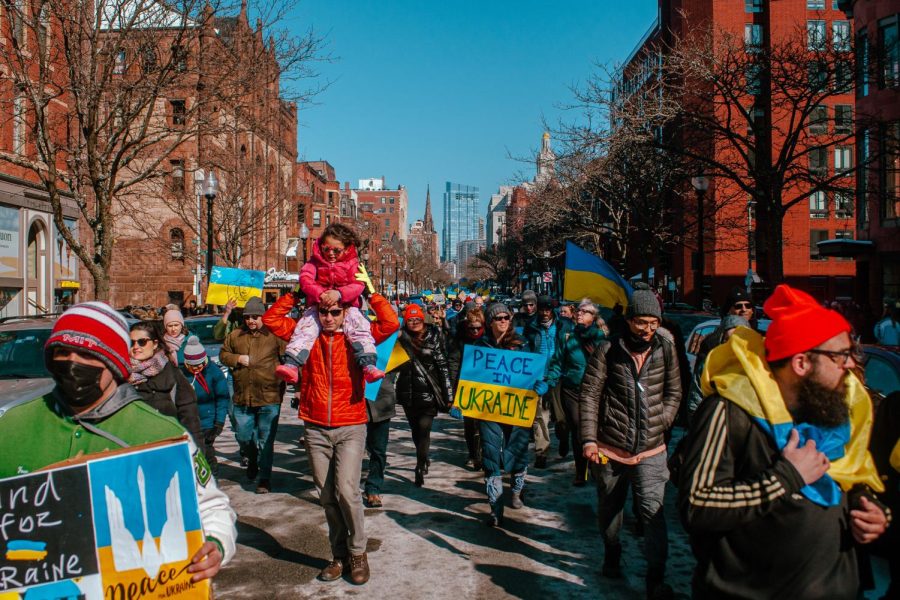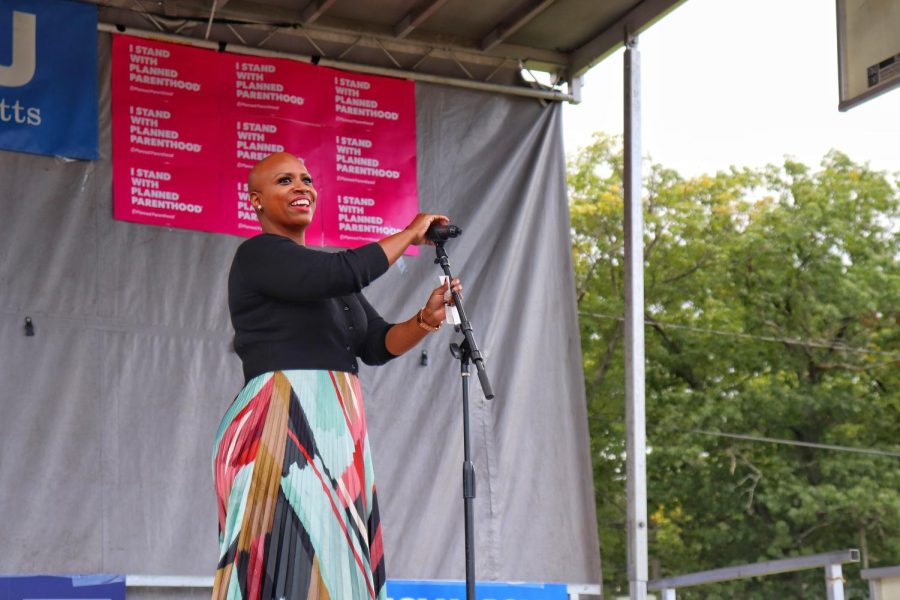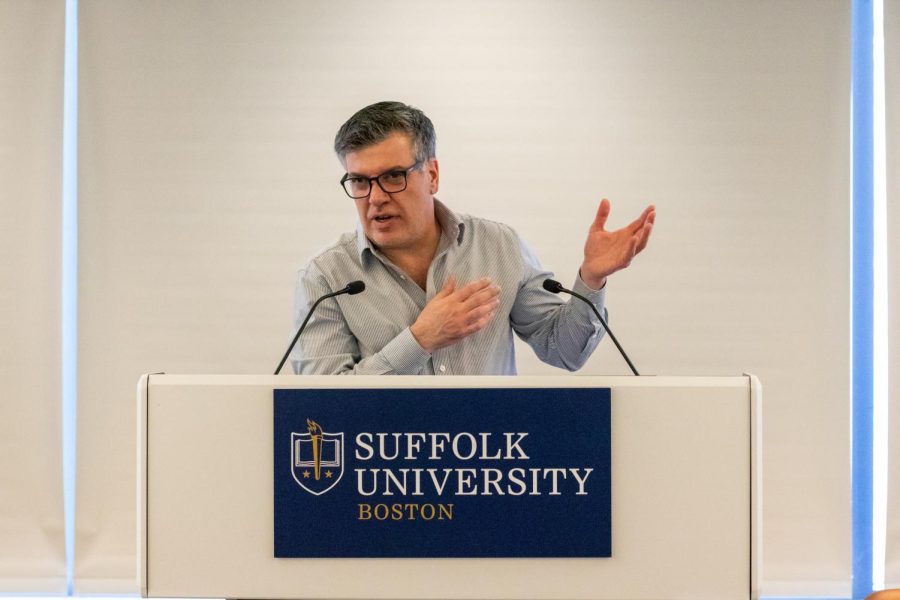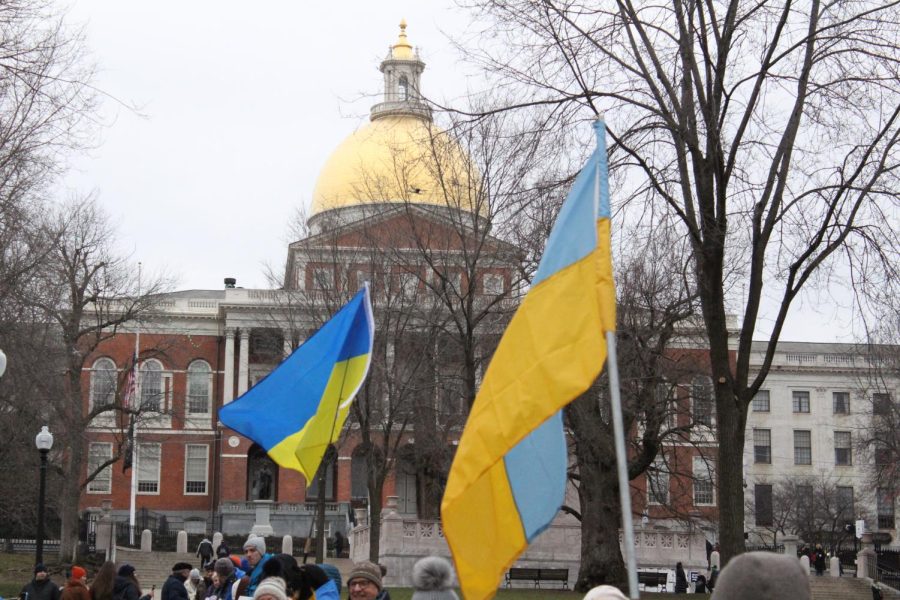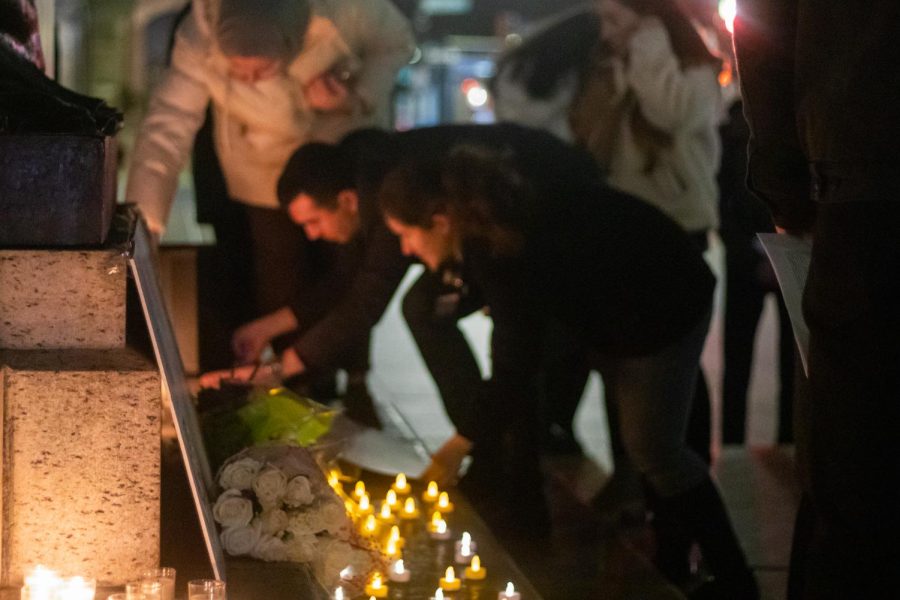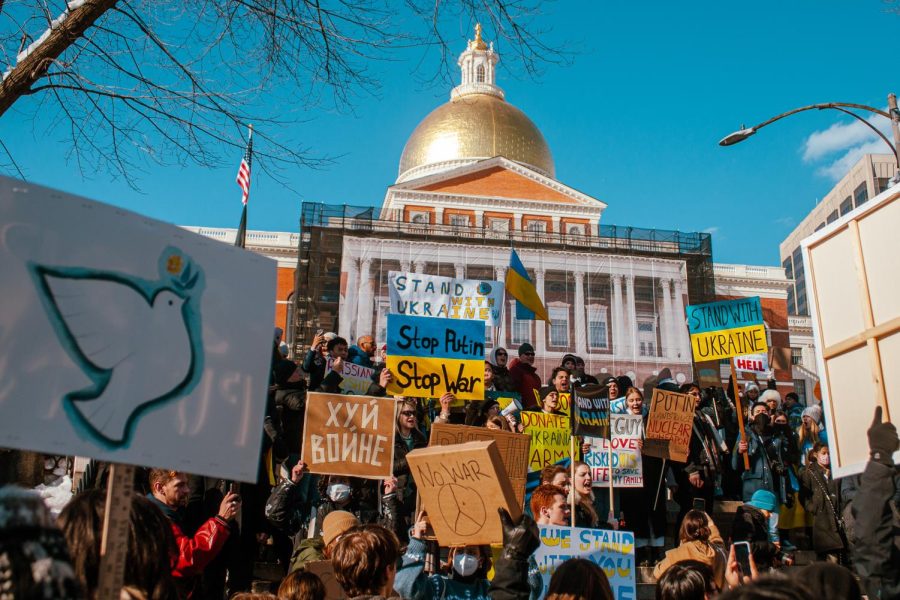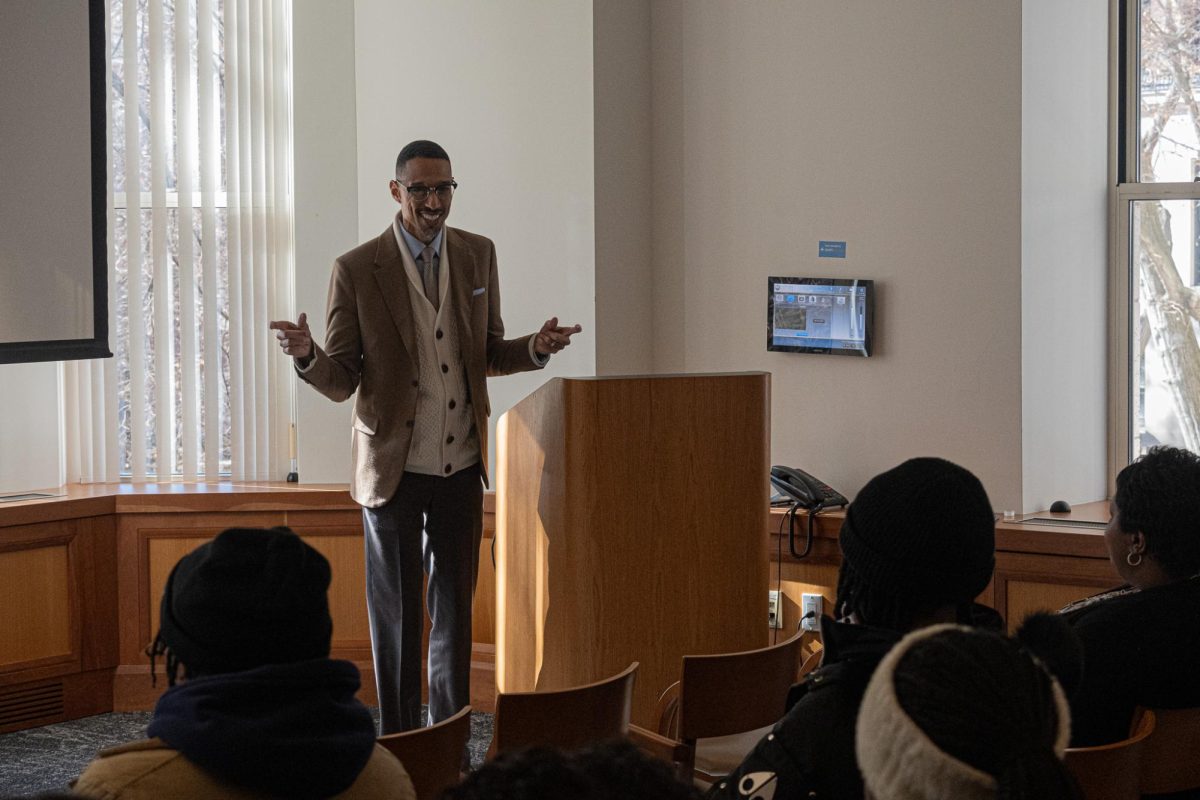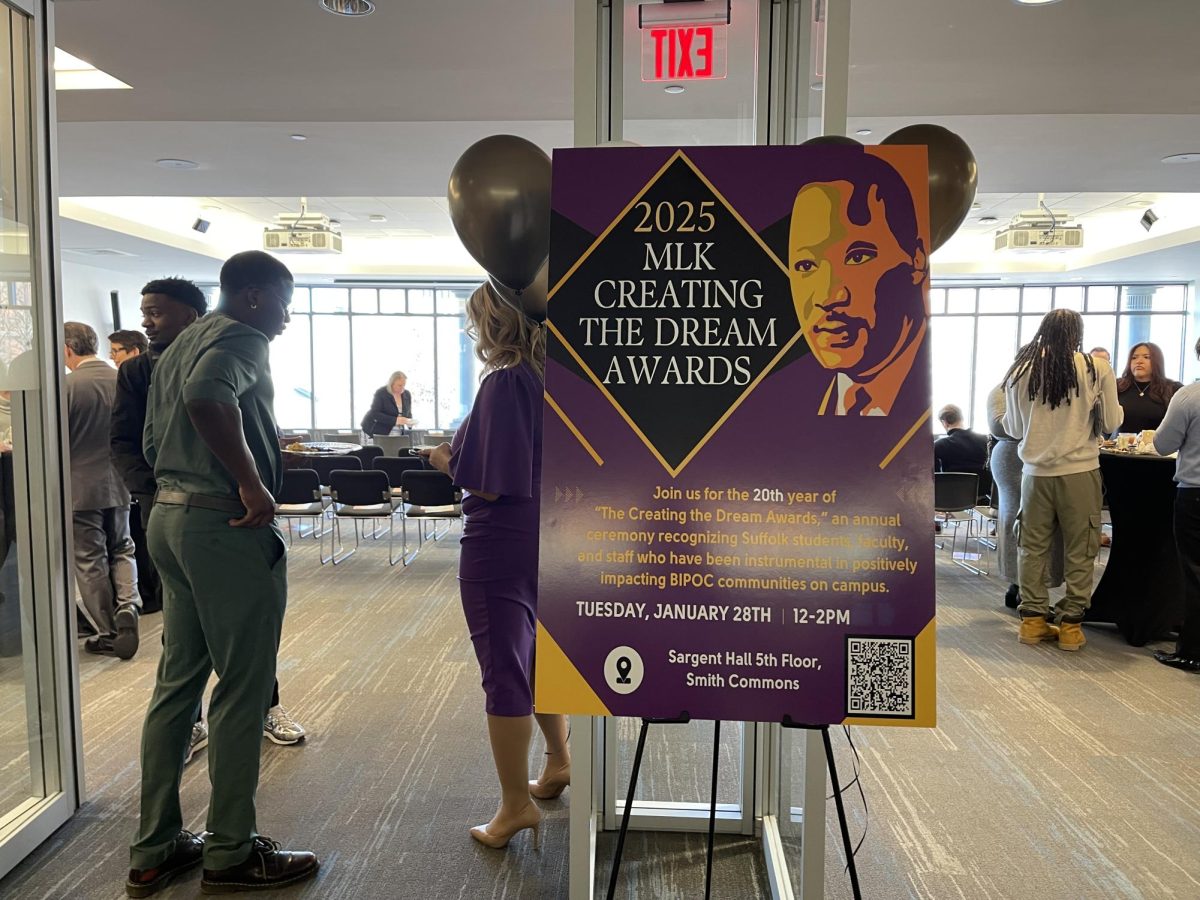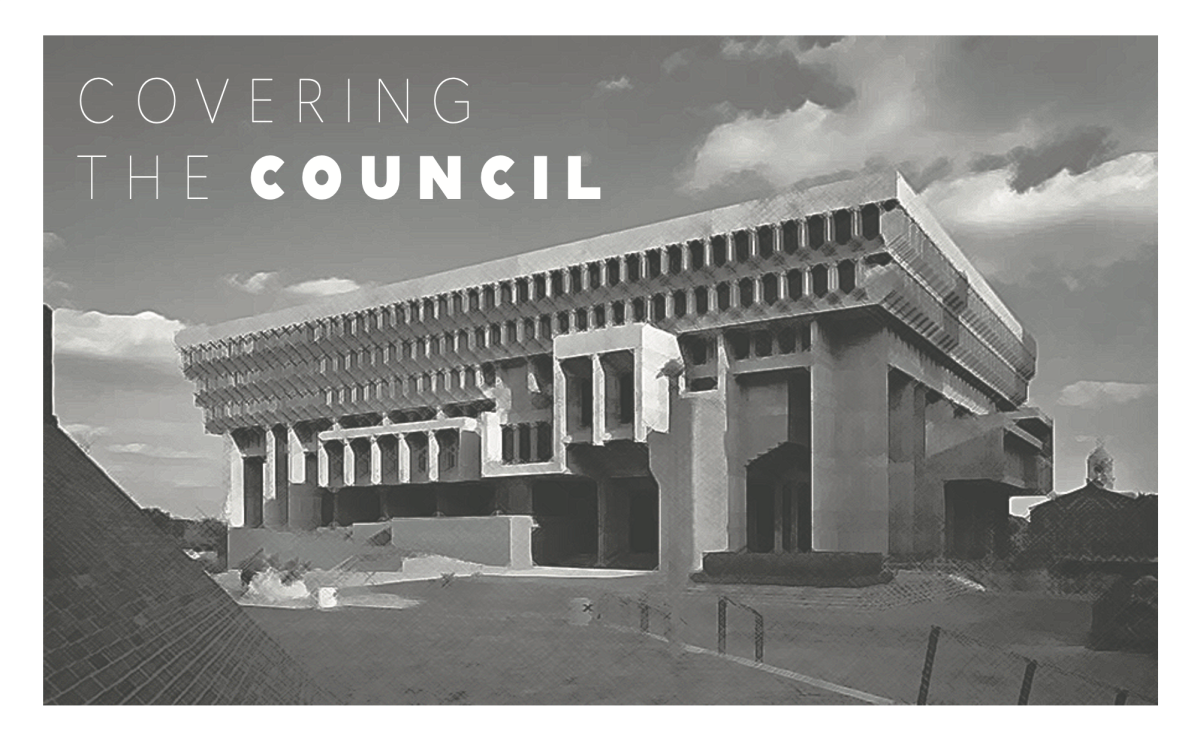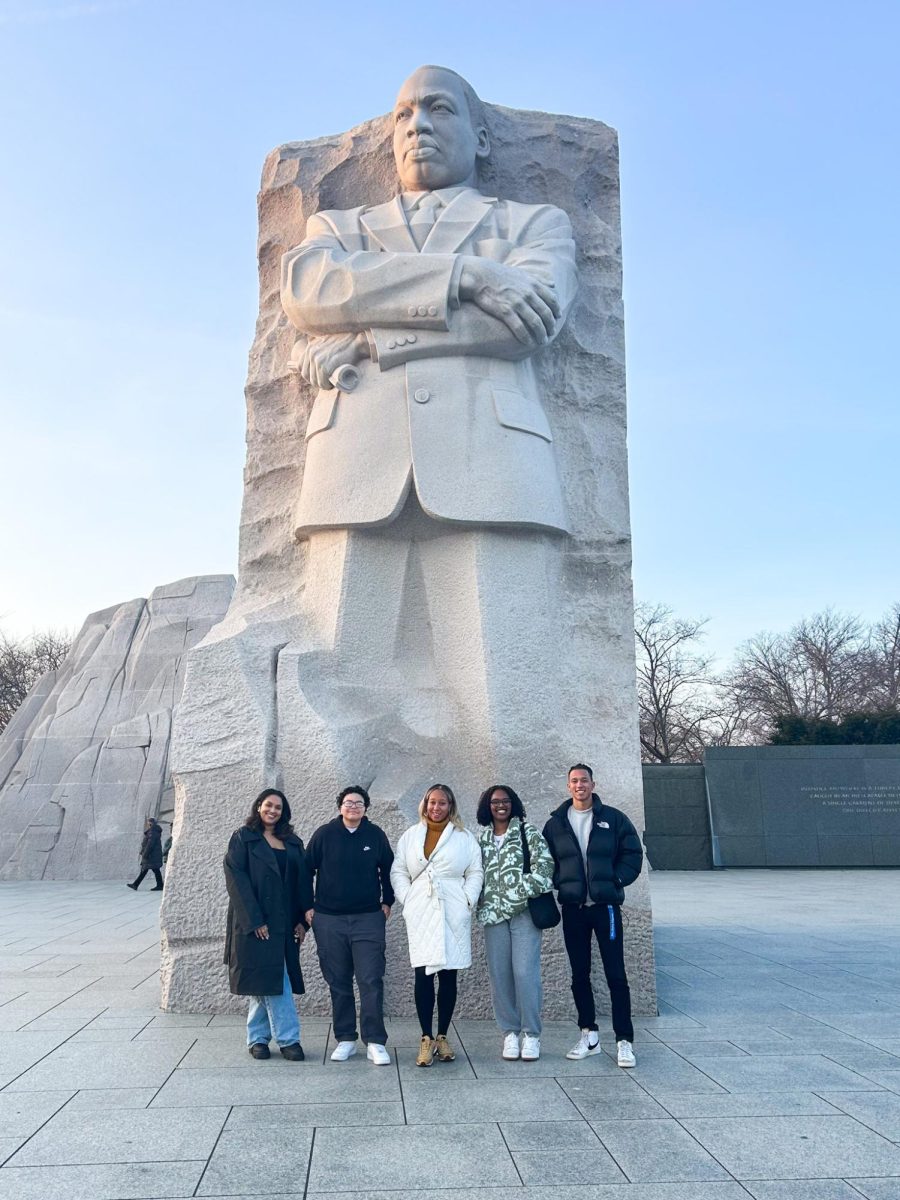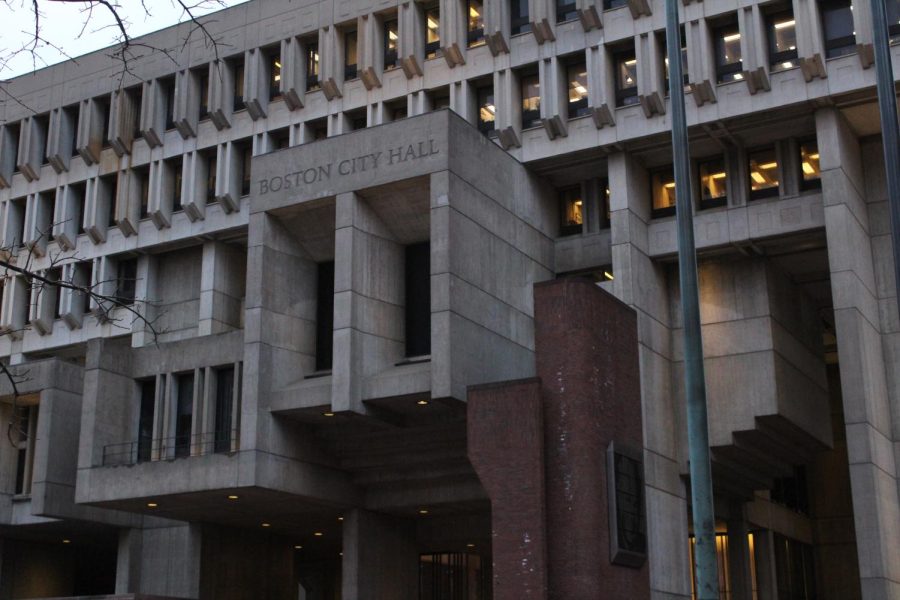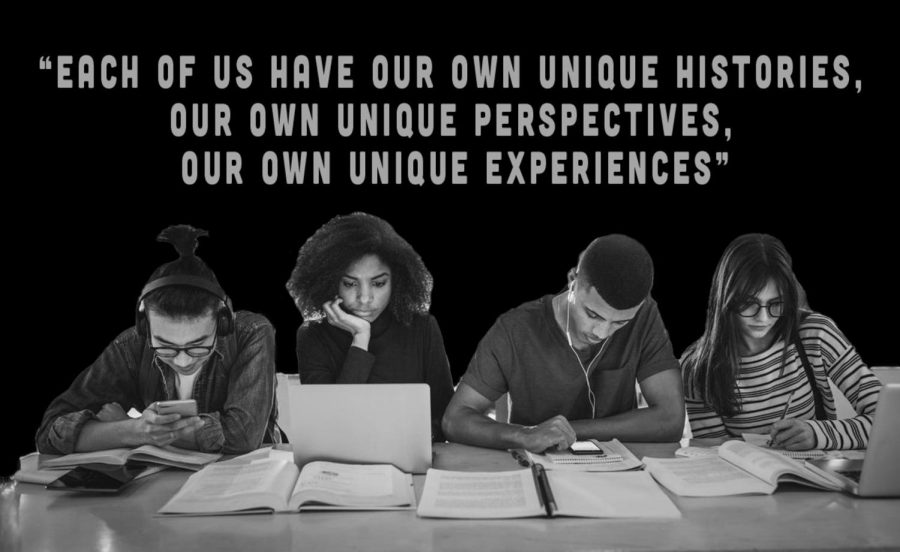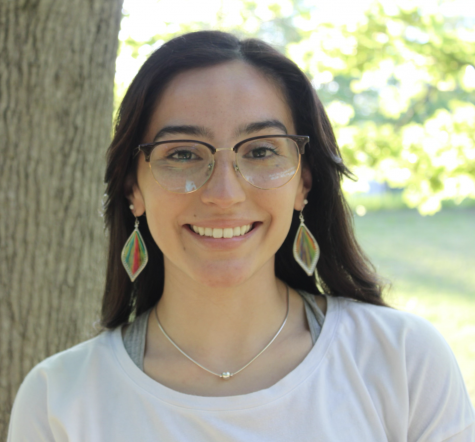Conversations hosted by the Asian American Association (AAA) last week gave members of the Suffolk community a chance to share their perspectives on Anti-Asian hate, and rally support around the Asian American and Pacific Islander (AAPI) community.
Held on April 13, “Moving Beyond Social Media Solidarity” was the first event of the week. This conversation aimed to discuss what it means to show awareness for the AAPI community through social media.
The panel featured an array of perspectives from Suffolk faculty, alum and students, along with speakers who work outside the institution. Facilitated by Ade Igbinkeweka, director of Career Equity and Access at the university, the discussion allowed the Suffolk community to hear the outlooks of their peers.
Attendees were able to ask panelists questions about how they feel about what has been happening to the AAPI community, how to quell racism and what their experiences have been within the past year. Igbinkeweka also asked the panelists how they feel about false narratives about historically marginalized communities being spread through social media.
“As much as we need to hold more outlets accountable, we need to hold ourselves accountable,” AAA president, Anna Nguyen said. “It’s important to know what these posts are trying to say and look into it. There’s more work to be done.”
Catharine Kelley, director of Talent at the Boston Chapter of the National Association of Asian American Professionals, recognized how social media platforms can elevate these issues. She also expressed how important it is to be cautious of what is posted on social media and to always think before sharing.
“[Posting online] raises awareness, and you have to be careful of what you post. Black Lives Matter and the Insurgence was really spread through social media,” Kelley said. “I think it’s a positive view but we need to be aware.”
The panel also discussed displays of graphic footage of racist acts through the media, cancel culture and what it means to be an ally in the workplace.
“Society has always been doing cancel culture,” Suffolk graduate Efo Osifo said. “It’s important to know people can get together and force the system to do better. We’re here to have a conversation to ask if we’re going too far.”
The second event, “Actions Speak Louder: Combating Anti-Asian Hate Together,” occurred on April 15. This discussion focused on personal stories and thoughts from students, faculty and club speakers.
This conversation was a cross-campus event, collaborating with many Suffolk departments including Student Diversity and Inclusion, the Vietnamese Student Association, the Caribbean Student Network, the Office of Student Leadership and Involvement, the Suffolk Environmental Club, the Suffolk Japanese Student Association.
AAA began the discussion by educating attendees about five events that have significantly affected the Asian community.
These events included the Page Act of 1875, the Japanese internment camps during World War II, the murder of Vincent Chin, the Atlanta spa shooting and the attacks on Asians, especially Asian elderly women.
A key note the panelists shared was that the AAPI community has been subject to hate crimes in the United States long before the increase in anti-Asian hate during the pandemic.
“It’s very frustrating to know Asian Americans are getting attention now when it has been an issue,” Director of Student Experience Sophie Wilson said.
Panelists shared personal stories revolving around hate crimes, racism and the constant fear that plagues them and their loved ones whenever they step outside.
Some speakers became emotional when revealing their truth, while acknowledging how overwhelming and exhausting the past year has been for them.
“It’s a very real and cruel irony. We need to do better and we need to do it now,” said Xin Yi Yap, co-chair of Suffolk’s Diversity and Inclusion Council.
Recent attacks on the AAPI community have led to calls for solidarity around this community through social media. While the panelists express appreciation for this notion, they also describe these conversations as exhausting because change often still does not come from them.
“I’m just worried for my family… I’m scared to go on the T,” said Tina Vo, president of the Vietnamese Student Association. “I look behind me when I’m walking because I’m scared there’s someone behind me.”
At the end of the conversation, the Suffolk community was invited to share words they felt described what it means to combat anti-Asian hate. Some of these words included education, love, solidarity, accountability and more.
“How are you going to hold yourself accountable?” Nguyen asked.


